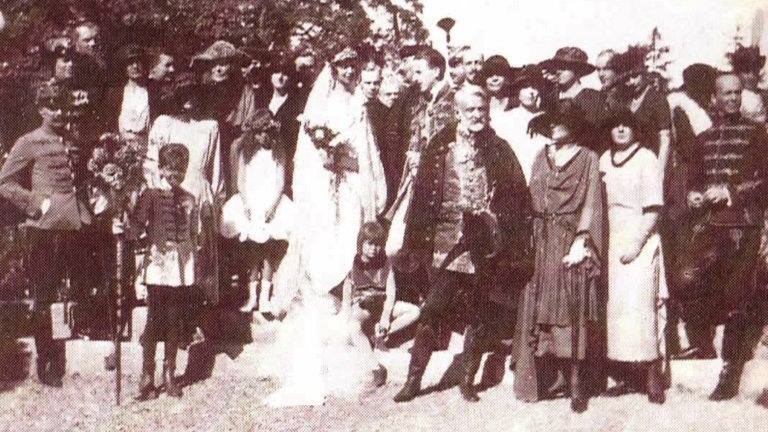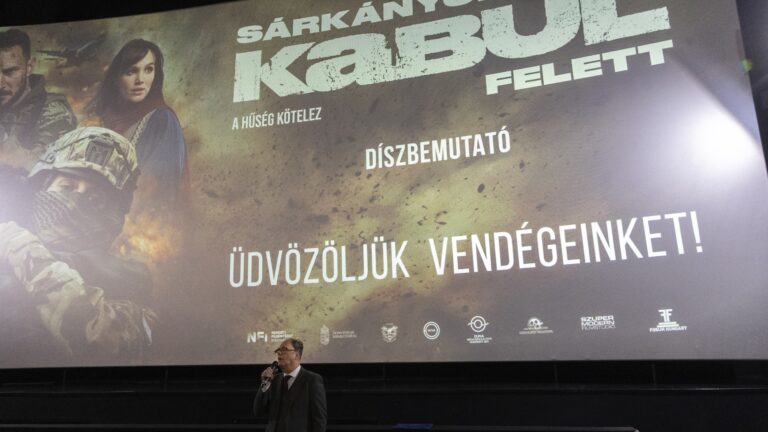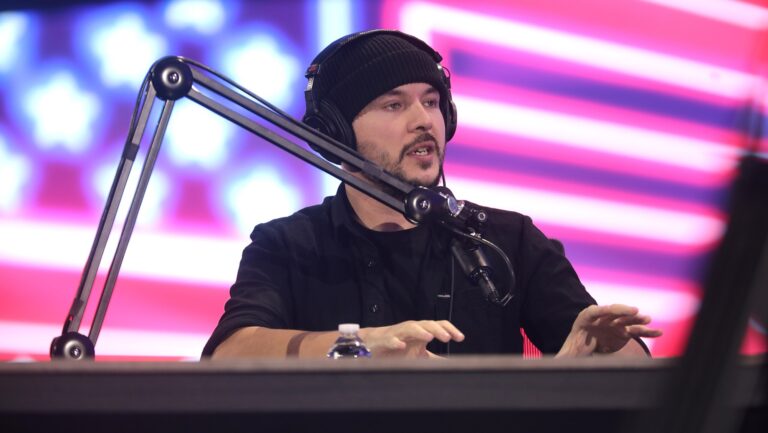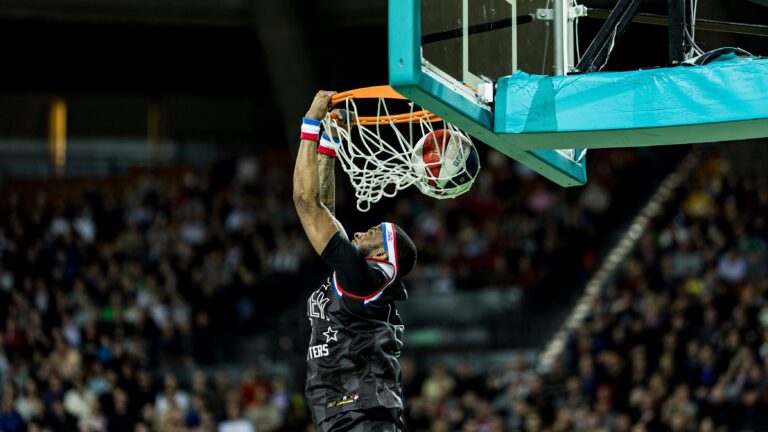In the summer of 1946, the newspaper Szabad Szó published a peculiar article. The headline read: ‘The Woman Who Reported Her Husband for Living Too Well in the Internment Camp’.[1] According to the article, a certain ‘Erzsébet Kenéz’ had reported her Jewish husband, Endre Sós, for planning to escape from the internment camp on Szabolcs Street during the 1944 German occupation of Hungary. As a result, he was transferred to another camp. However, his wife filed another report claiming that her husband was treated too well there. The newspaper informed that the woman was brought before the People’s Court and noted that she ‘behaved extremely nervously’ during the trial. The article did not provide further updates on the case but implied that the woman might be guilty.
The Real Story
The ‘Erzsébet Kenéz’ in the headline was actually Ilona Erzsébet Koncz, a Calvinist woman from Békés, 37 years old at the time of the trial. Her husband was indeed journalist and writer Endre Sós. After 1957 Sós became the president of the National Representation of Hungarian Israelites (MIOK) and the Budapest Israelite Community, effectively serving as the leader of Hungarian Jewry between 1957 and 1965. Sós is remembered as a staunch Communist collaborator (and as an informant of the state security service under the codename ‘Sipos’), but at this point, he was ‘just’ a staff writer at the newspaper Magyar Nemzet.
In fact, it was Sós who reported Koncz to the Communist police. The indictment was filed by the People’s Prosecutor’s Office on 14 February 1945. According to the indictment, in July 1944, Koncz reported her husband for attempting to escape from the internment camp, leading to his transfer to the Rökk Szilárd Street camp and later to Kecskemét. Thus, the accused assisted a military unit in committing violent acts against individuals. Furthermore, in June 1944, she allegedly reported to the political police and the Gestapo that prisoners in the Szabolcs Street internment camp were treated too well. Finally, in December 1944, she reported her husband’s secretary, Mrs István Kollman, for hiding Jewish belongings.
It is puzzling how the People’s Prosecutor came to the conclusion that the indictment was justified, as the investigation summary by the political police noted that witnesses confirmed that while someone had indeed reported Sós, it was unclear if it was Koncz.[2]
During the investigation, despite having the legal right to remain silent about his spouse, Sós testified against Koncz. He claimed she married him out of financial interest, was always antisemitic, barely visited him during his internment, brought little food (which was often spoiled), and only wanted to take his wealth. He also mentioned that he had previously reported her for theft, although he later withdrew the claim. Among the witnesses was one Katalin Gellért (Groszmann), a 30-year-old actress. She stated that instead of his wife, it was mainly her who took care of him during his arrest, bringing him food and important documents. She alleged that Koncz had reported her to the pro-Nazi police, and she was interrogated by them. Gellért also claimed that Koncz had also reported others who were later deported and did not return.
The main hearing took place on 11 June 1946. By this time Koncz and Sós were divorced, yet Koncz testified under her married name. She was brought forth from detention. She clarified that they married in 1929 out of love. She denied all the accusations, claiming that Sós simply wanted to get rid of her to marry Gellért and alienate their son, born in 1934. Koncz insisted she visited and supported her husband during his internment. She also stated that she was investigated during the German occupation for hiding her Jewish husband’s property, which was a crime at the time.
Sós also testified but had the public removed from the courtroom during his statement. Newspapers did not report this detail. Sós claimed he did not know who had reported him but suspected his ex-wife because the informant had provided precise personal information. He related that he had been transferred from Szabolcs Street to forced labour in Pétfürdő but eventually escaped. Interestingly, he admitted to hiding at his mother-in-law’s home afterward. Sós reiterated his belief that his wife was antisemitic and raised their son to be antisemitic.
An Estranged Husband’s Ploy
The defence presented multiple pieces of evidence, including letters written by Sós during and after his internment that were affectionate in tone. Sós acknowledged writing them but did not explain their content. Reverend Béla Hajpál testified that Koncz tried to obtain false baptismal certificates for her husband. Samu Stern, head of the Jewish Council, confirmed that Koncz had approached him on behalf of her husband. Chief Rabbi József Katona testified that Koncz attempted to place Sós in the Zionist shelter in Vadász Street. Others testified that Koncz was harassed by the Gestapo for safeguarding her husband’s property. Since she guarded their belongings, she and their son could not take shelter during bombings.
The People’s Court acquitted Koncz, concluding that the charges could not prove it was her who had reported Sós. The court also took into consideration the letters and evidence presented by the defence. However, the prosecutor appealed the sentence, and the case was brought before the National Council of People’s Courts (NOT). In October 1946 the NOT upheld the acquittal, stressing that Koncz provided food packages to Sós during his internment and that no causal link existed between the fact that they had some marital disputes and the fact that in 1944 someone reported Sós to the police. It emphasized that the couple continued living together for a time after the liberation of the country, suggesting that Sós fabricated the accusations against her only a while later. The acquittal was not reported in the Communist press.
The case files contain additional sad documents about the marital conflict and its repercussions. In 1945, the police investigated the disappearance of Sós’s son, who had fled to his maternal grandparents out of anger at his father for getting his mother into prison. Another document noted that around this time, Tibor Péner—Sós’s lawyer and later MIOK’s secretary-general—informed Koncz that they would soon retrieve the child’s clothes, some heating supplies, Sós’s books, and even the chandelier from the apartment. Péner requested Koncz’s cooperation.
An article in Népszava on 2 April 1946 briefly reported: ‘Without Further Notice: Comrades Katalin Gellért and Endre Sós Have Got Married’.
[1] Szabad Szó, 12 June 1946
[2] For the trial papers see: Budapest City Archives (Budapest Főváros Levéltára), XXV.1.a.2.1946.697.







